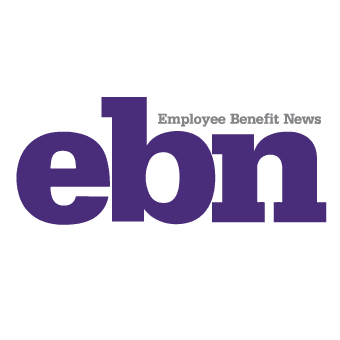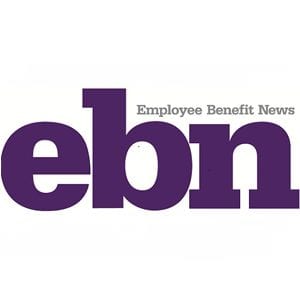
Views: Employers and benefits administrators must prepare for a COBRA avalanche
November 16, 2020
By Bo Armstrong
Originally Posted by Employee Benefit News
In the first six months of COVID-19 outbreak, more than 60 million Americans filed for unemployment. A recent report by the U.S. Department of Labor (DOL) suggests that companies are still cutting a high number of jobs, and in recent weeks, a large wave of new layoffs has been announced. The airline industry is furloughing an additional 32,000 employees; Disney will be cutting 28,000 jobs in California and Florida; and Shell Oil is shedding up to 9,000 more jobs.
While Congress has passed a variety of economic stimulus legislation to help lessen the impact of COVID (most notably the CARES Act in March 2020), the huge number of furloughs and layoffs threatens to result in an avalanche of COBRA claims. Employers and benefits administrators must prepare for this possibility.
Why worry?
Simply put: there’s no end in sight. The final notice rule published by the IRS, DOL, and other federal agencies back in April states that group health plans and other employee welfare benefit plans subject to ERISA or the Internal Revenue Code cannot include the period from March 1, 2020 until 60 days after the announced end of the National Emergency (otherwise known as the “Outbreak Period”) in determining the following:
- 30-day period (or 60-day, if applicable) for special enrollment under ERISA
- 60-day election period for COBRA continuation coverage
- Due date for making COBRA premium payments
- Date for people to notify the plan of a qualifying event
- Date a group health plan sponsor or administrator has to provide a COBRA election notice
With no foreseeable end date to the “Outbreak Period,”the current layoff situation and legislative action to extend periods and deadlines associated with COBRA means that people who would not have considered electing COBRA prior to COVID-19 may choose to do so soon, and in record numbers. The potential COBRA avalanche could result in unprecedented burdens for employers and COBRA administrators due to deferred election notices, much longer election windows and deferred payments.
Ultimately, qualified beneficiaries who defer will likely have a massive premium bill after all has been said and done. What happens if they cannot pay? To whom will the insurance carriers look to settle the unpaid premiums? Employers should prepare for this potential pitfall by consulting with their brokers, carriers, plan providers, and legal counsel to develop strategies and action plans.
Read the full article, “Employers and benefits administrators must prepare for a COBRA avalanche,” on EBN.
Bo Armstrong
Chief Product and Marketing Officer, DataPath, Inc.
Bo has over 20 years of marketing leadership experience. His responsibilities include branding, communications, social media, product marketing, PR and promotions. He focuses on identifying emerging market trends within the benefits industry and advocating for customers and their needs. Bo is also a national conference speaker and author of numerous whitepapers and articles on the healthcare benefits industry.


